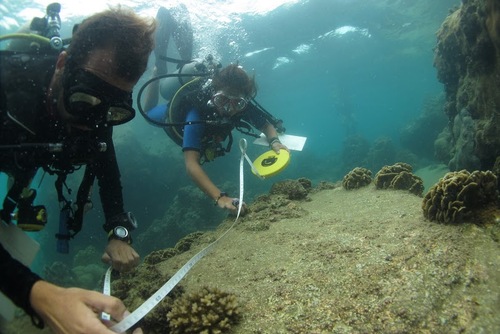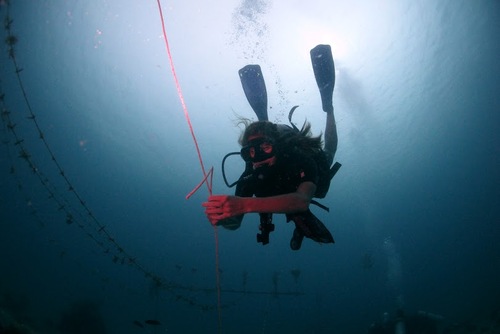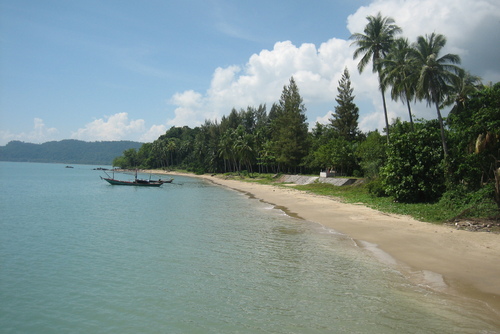Thailand continues to be one of the most tempting destinations for those who are seeking a combination of enchanting natural surroundings, alluring culture, and incredible biodiversity. Breathtaking silvery beaches lapped by warm, crystal clear waters are complemented by friendly locals, mouth-watering local delicacies, and an ancient and fascinating historical heritage rooted in Buddhist origins.
Koh Tao is most definitely the jewel in Thailand’s royal crown, famed for its laid back atmosphere and immaculate coral reef diving. However, in recent years the island's land resources and coral reefs have come under increasing threat from rapid, unregulated and unsustainable development. Join our marine conservation and diving project and help protect this beautiful island and its pristine coral reefs for future generations whilst enjoying all this exotic country has to offer the adventurous traveller.
The work you carry out will be rewarding, challenging, and hugely beneficial to conservation efforts, as well as being amazing fun! At the end of the day you will gain immense satisfaction from knowing that you have helped to save this precious marine wilderness.
WHAT DOES THE PROJECT DO?
The project has been running on Koh Tao since 2008, having been set up by members of the local community to help preserve their local culture, land resources and coral reefs. The project has three different components, land conservation; marine conservation; and education, each playing their own part in helping to preserve the island.
The main aim of the marine conservation aspect of the project is to monitor and evaluate the health, status and diversity of Koh Tao’s coral reefs in order to improve their current management and to ensure their long-term conservation. The regional economies and ecosystems depend largely on the health of coral reefs, which are declining in many areas due to human activities both on land and in the sea. Through research, the island communities hope to identify negative and positive trends in reef health and produce quantitative data that can be used to focus work efforts and influence policy changes. Through the use of passive and active restoration techniques they hope to reduce the impacts of human activities on Koh Tao’s Reefs and assist in new reef development by maintaining biodiversity at levels that allows for the succession of corals following disturbance events.
Koh Tao's luxuriant mangroves, luminous sea grass beds and dazzling coral reefs play host to a multitude of tropical reef fish, seahorses and graceful sea turtles. Offshore there are dolphins and manta rays, and the deeper waters are a regular stop-off for giant whale sharks.
WHAT WILL I BE DOING?
The marine research and conservation programme is run in association with a local Koh Tao community organisation. This research and conservation project aims to provide the local stakeholders and government bodies with the information they need to design and implement management plans for the future protection of this marine ecosystem.
To gather the data needed you will dive, locate and map the extensive coral reefs and study the various communities existing on them. You may explore and record the living organisms that inhabit the luxuriant mangrove forests, dense seagrass beds and productive inter-tidals in the area. To do this you will deploy a wide range of newly learned research skills and scientific techniques including; underwater visual census of reef fish such as cloud fish, assessment of algal and coral cover to determine the extent and degree of coral damage due to erosion, line intercept transects for benthic life and indicator invertebrate species such as nudibranchs. You may even get to study the impact of tourism development is having on marine communities.
Although the work is challenging you will get immense satisfaction from having made a valuable contrbution to the conservation of this marine wilderness. You will return home with the new friends you've made and a wealth of incredible memories. Whilst on your placement you will work with a group of international and local conservation volunteers, researchers and divers to learn about and be involved in local coral reef management through education, research, and restoration.



